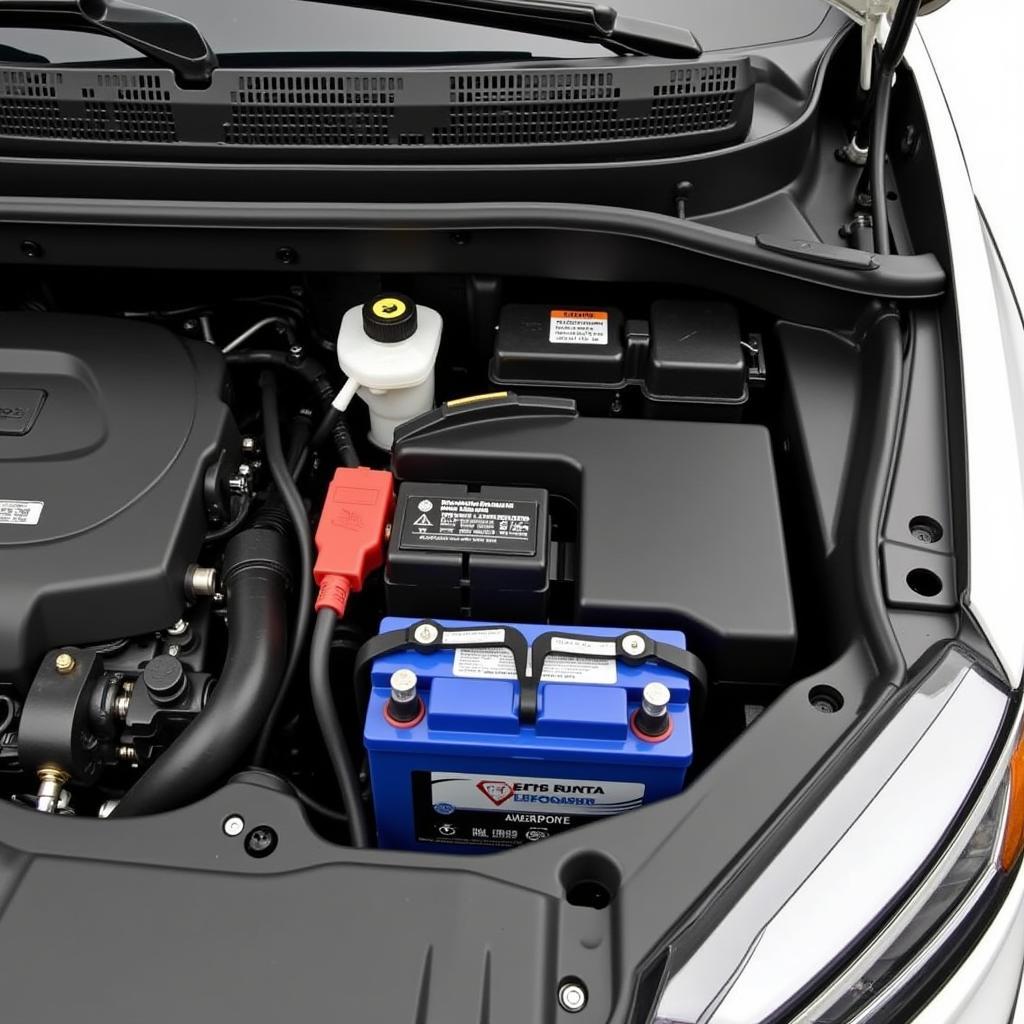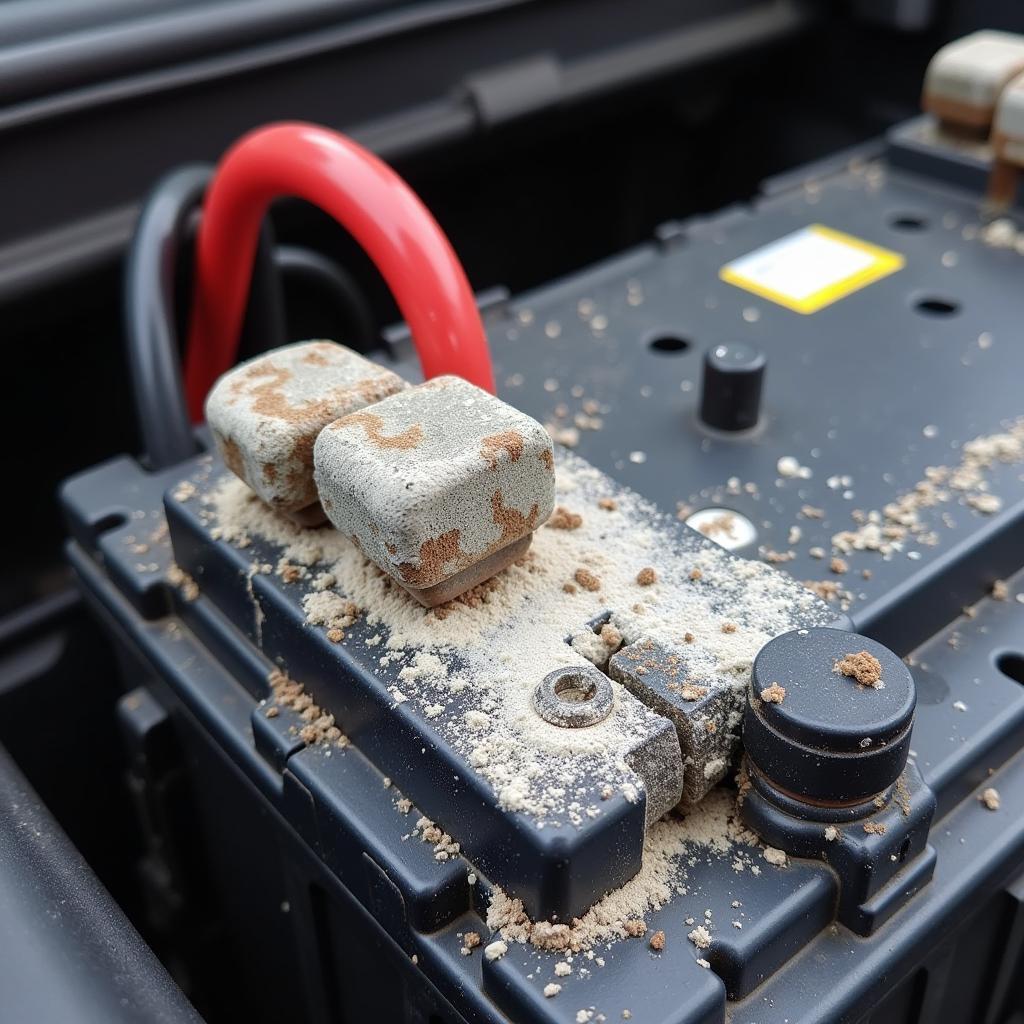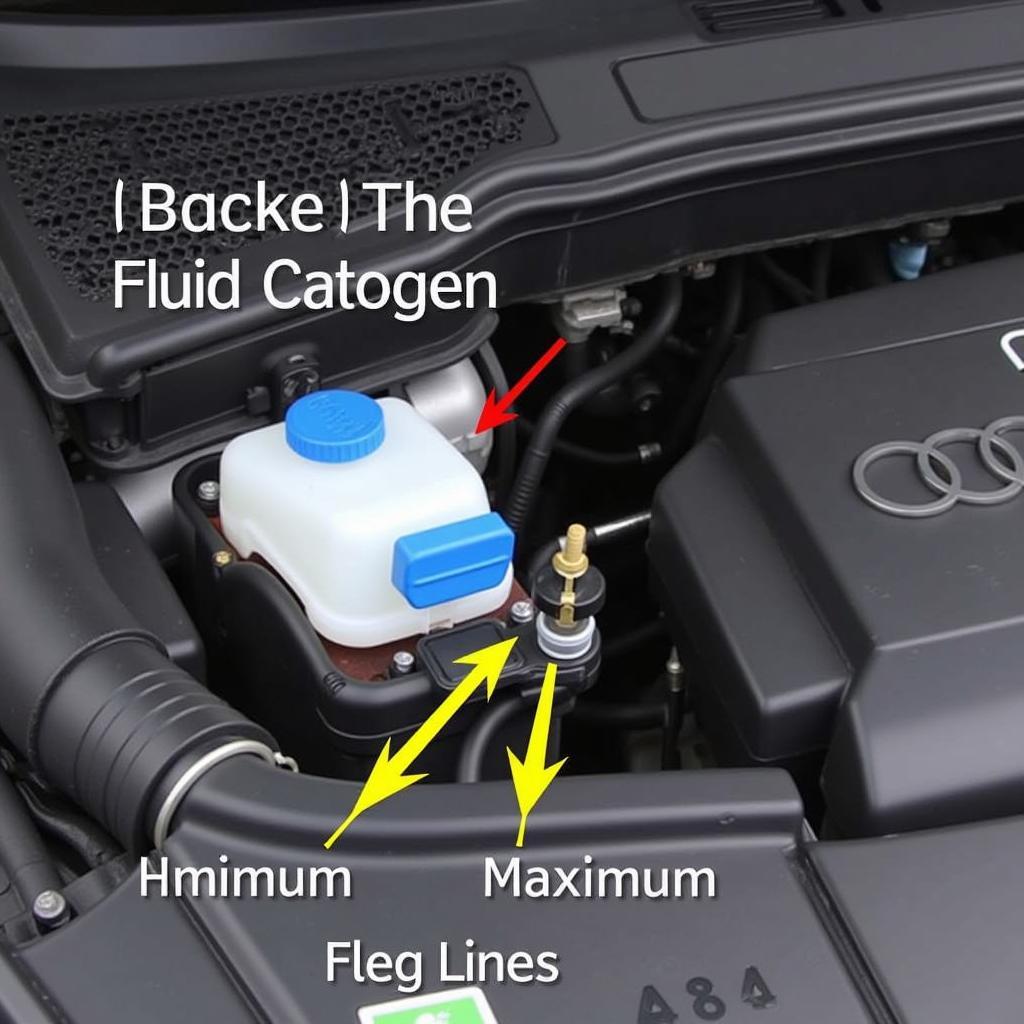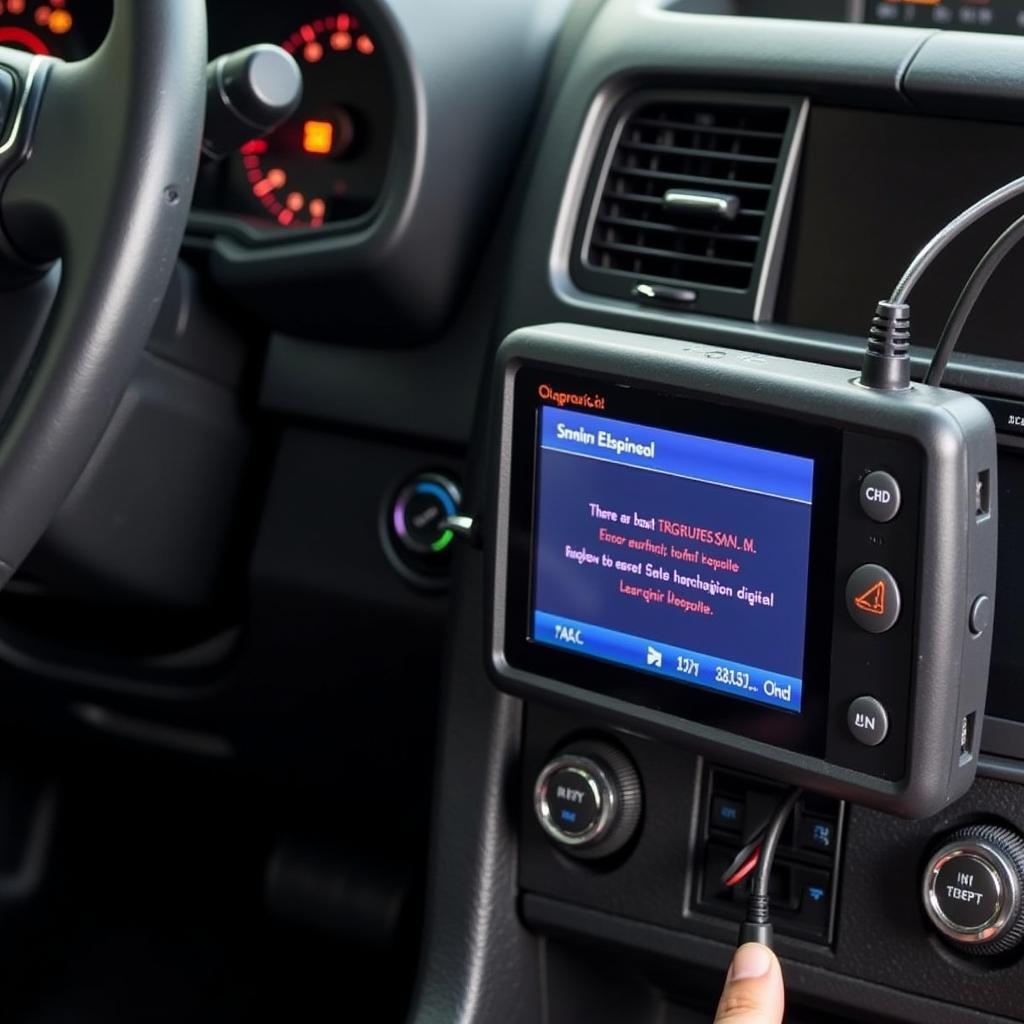Experiencing battery problems with your 2018 Jeep Cherokee? You’re not alone. This guide dives deep into the common battery issues plaguing this model, offering practical solutions and expert advice for troubleshooting and repair.
 2018 Jeep Cherokee Battery Location
2018 Jeep Cherokee Battery Location
A dead battery can be frustrating, especially when you’re on the go. If your battery goes flat, you’ll need to diagnose the problem quickly. Is it a failing battery, a parasitic drain, or something else entirely? Several factors can lead to 2018 Jeep Cherokee battery problems, including extreme temperatures, frequent short trips, and old age. Knowing how to identify and address these issues can save you time and money.
Common 2018 Jeep Cherokee Battery Issues
The 2018 Jeep Cherokee is known for a few recurring battery-related complaints. These range from slow cranking and dimming headlights to the dreaded “click” when you turn the key. Let’s explore some of the most frequent issues:
- Weak Battery: As batteries age, their ability to hold a charge diminishes. This leads to difficulty starting the engine, especially in cold weather.
- Parasitic Drain: Even when your Cherokee is off, certain electrical components can continue to draw power, slowly draining the battery. This can be caused by faulty wiring, malfunctioning modules, or even leaving interior lights on.
- Alternator Failure: The alternator recharges the battery while the engine is running. A faulty alternator won’t charge the battery properly, eventually leading to a dead battery. You might be able to tell if it’s your alternator vs bad battery.
- Corrosion: Battery terminals and cables can corrode over time, hindering the flow of electricity. This can result in starting problems or a complete inability to start the vehicle.
 Corroded Jeep Cherokee Battery Terminals
Corroded Jeep Cherokee Battery Terminals
Troubleshooting Your 2018 Jeep Cherokee Battery
If you’re experiencing battery problems, here’s a step-by-step guide to help you diagnose the issue:
- Check the Battery Terminals: Inspect the battery terminals for corrosion. Clean them with a wire brush and baking soda solution if necessary.
- Test the Battery Voltage: Use a multimeter to test the battery voltage. A fully charged battery should read around 12.6 volts.
- Test the Alternator: With the engine running, the voltage should be between 13.5 and 14.5 volts. A lower reading indicates a potential alternator problem.
- Check for Parasitic Drain: With the engine off and all accessories turned off, use a multimeter to measure the current draw. A high reading suggests a parasitic drain. If your battery going bad in car, this could be the cause.
What if my battery ran out?
If your battery ran out, you’ll likely need a jump start. However, determining the root cause is crucial to prevent future occurrences. If you have a car has dead battery, it’s important to address the underlying issue. Sometimes, a simple jump start isn’t enough, and you might need to replace the battery altogether.
“Regular battery maintenance is crucial for preventing unexpected issues. Simple checks like cleaning the terminals and ensuring proper charging can significantly extend the lifespan of your battery.” – John Smith, ASE Certified Master Technician
Conclusion
2018 Jeep Cherokee battery problems can range from minor inconveniences to major headaches. By understanding the common issues and following the troubleshooting steps outlined above, you can quickly identify and address the problem. Regular maintenance and proactive checks can help avoid unexpected battery failures and keep your Cherokee running smoothly.
FAQ
- How long does a 2018 Jeep Cherokee battery last?
- What are the signs of a bad alternator in a 2018 Jeep Cherokee?
- Can I replace the 2018 Jeep Cherokee battery myself?
- What type of battery does a 2018 Jeep Cherokee use?
- How do I jump-start a 2018 Jeep Cherokee?
- What causes a parasitic drain in a 2018 Jeep Cherokee?
- How can I prevent future 2018 Jeep Cherokee battery problems?


